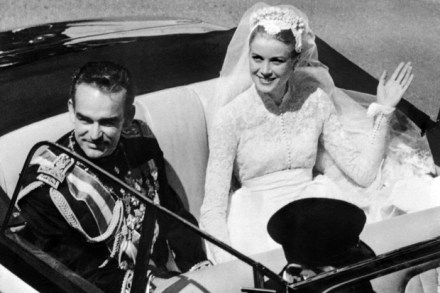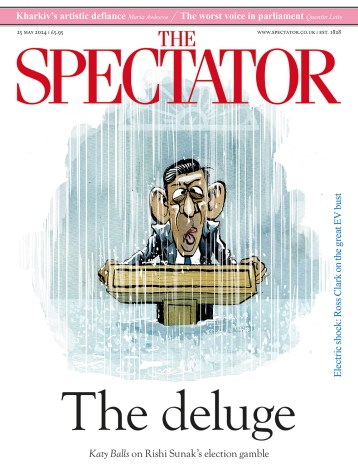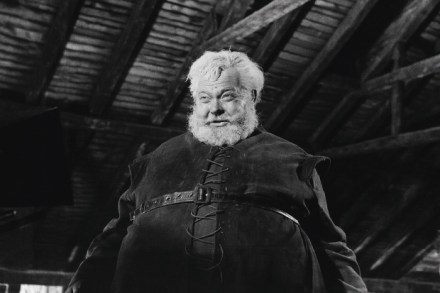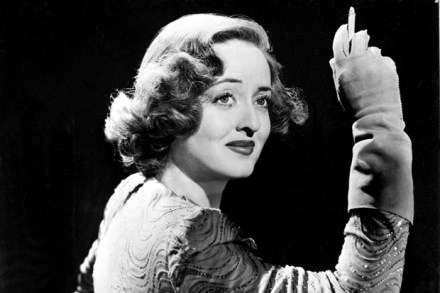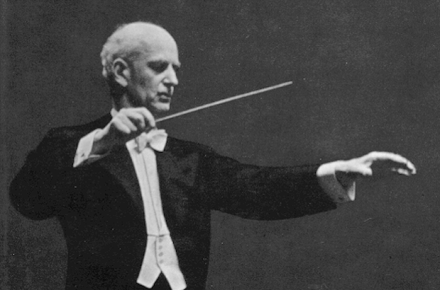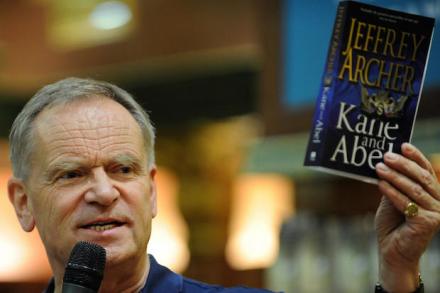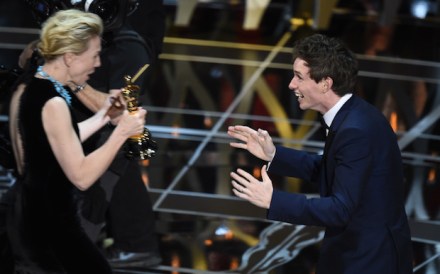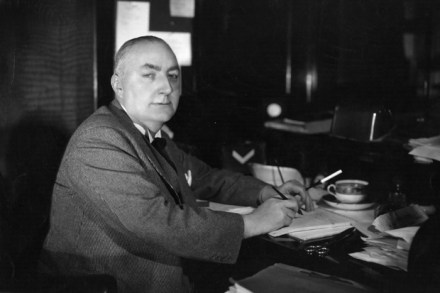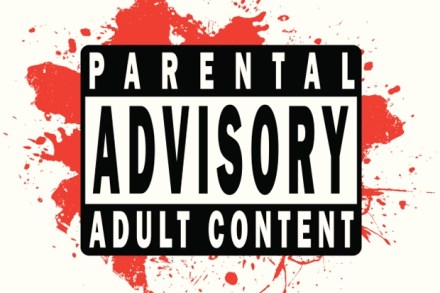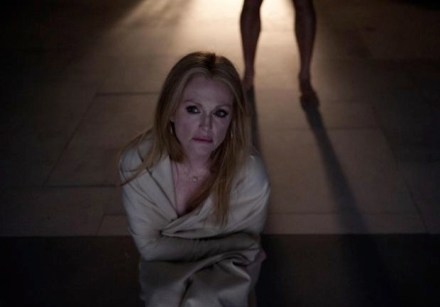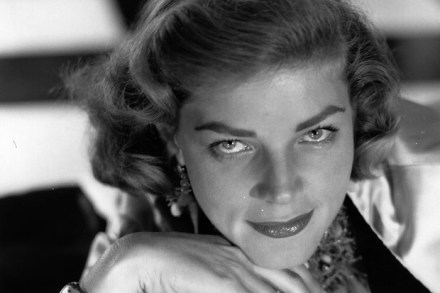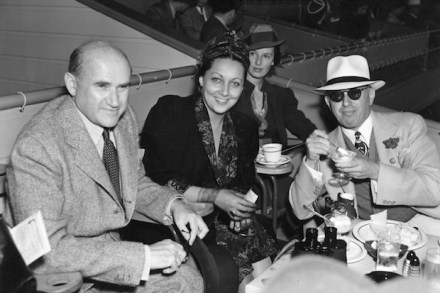N.M. Gwynne’s diary: Old names worth dropping
As I get older (and my 74th birthday is now close), I get deeper and deeper into nostalgia. I do not fight this, because nostalgia seems to me to be rational as well as agreeable. Things really aren’t what they once were. ‘But people have always said that,’ is often the response. Yes, and for the most part, I maintain, people have always been right. So it is that, whenever I leave my present home in Ireland for a visit to England, what I most enjoy there is seeing the most elderly of my friends. Having been around for so long, they have so much to talk interestingly about. Indeed,
